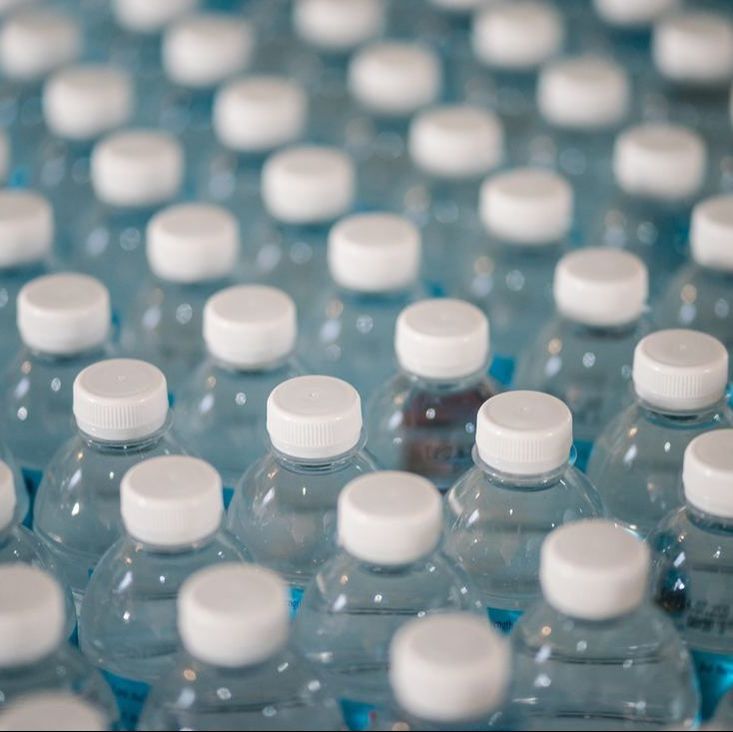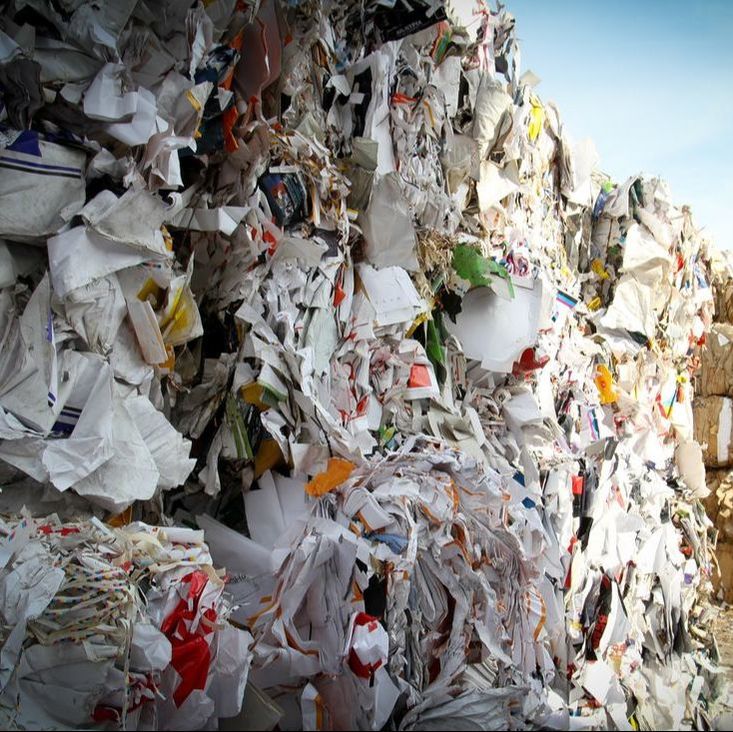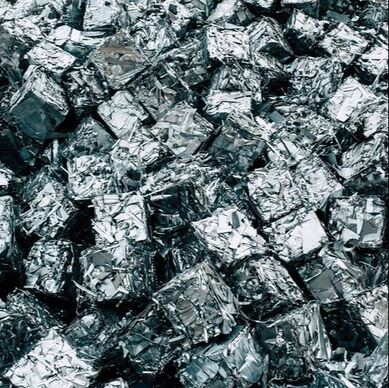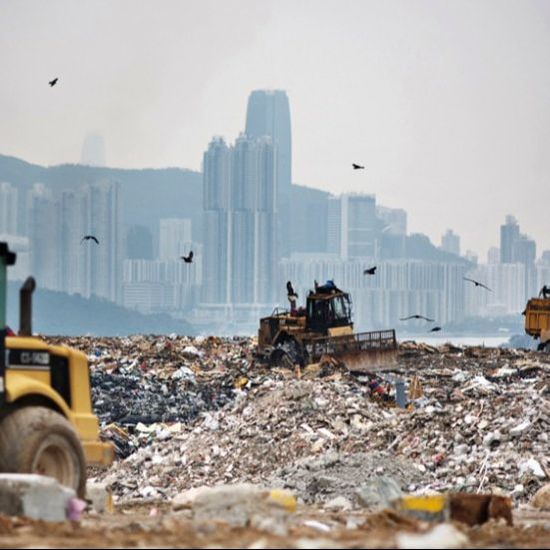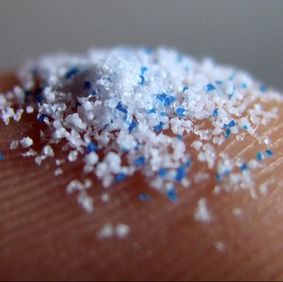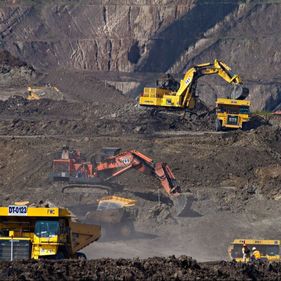BENEFIT ONE
Recycling REDUCES carbon emission
Using recyclable materials in the manufacturing process requires less energy than using virgin materials, even when accounted for the transportation and collection. Considerable energy consumption is saved because recycled materials doesn't need extraction, refinement, transportation compared to virgin materials.
How much energy does recycling SAVE?
|
GLASS
One ton of recycled glass saves 42 Kwh of energy or 0.12 barrels of oil
|
PLASTIC
One ton of recycled plastic saves 5,774 Kwh of energy or 16.3 barrels of oil
|
OFFICE PAPER
One ton of recycled office paper saves 4,100 Kwh of energy or 26498L of water
|
ALUMINIUM CANS
One ton of recycled aluminium saves 14,000 kilowatt hours (Kwh) of energy or 40 barrels of oil
|
Sources: EPA WARM
BENEFIT TWO
Recycling REDUCES need for landfills
Currently, 66% of all municipal solid waste goes into Hong Kong's three landfills and they are set to be full by 2020. Landfill competes with our land use and its inefficient use of space in the long term. Methane gas is also created in landfills which is a more potent greenhouse gas compared to CO2.
BENEFIT THREE
Recycling PROTECTS the environment
Recycling is important because it divert waste away from our waste stream, thereby lowering the chance of items leaking out to our environment
Recycling prevents environmental pollution including
|
REDUCES MICROPLASTICS IN OCEAN
Microplastics comes from photo-degradation of plastic items in the ocean. Overtime, the plastics breakdown to smaller than 5mm in diameter. By collecting and transporting them to the right recycling facilities we can prevent plastics from entering into the ocean.
|
CONSERVES NATURAL RESOURCES
Recycling reduces the need to extract raw materials, thereby, reducing the need to mine, quarry, log and refine the raw material which generates considerable air and water pollution.
|


